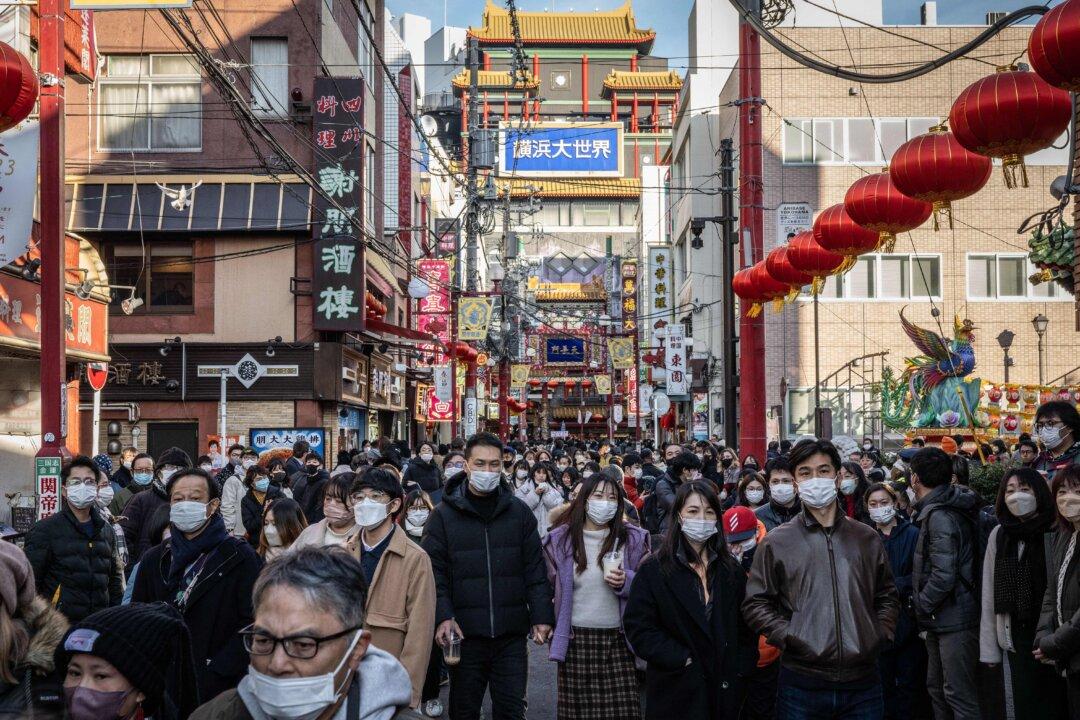Amid an increasingly tense political and economic environment in China, an increasing number of Chinese nationals are seeking refuge abroad, with Japan emerging as a favored destination. Recent figures indicate that Chinese residents now comprise 24.5 percent of Japan’s foreign population, with a notable concentration of 250,000 individuals in Tokyo alone.
The Immigration Services Agency under Japan’s Ministry of Justice unveiled data on Oct. 13, indicating a surge to 3,223,858 foreign nationals residing in Japan by the end of June 2023. This marks a substantial increase of 4.8 percent, or over 140,000 people, from the previous year, setting a record high.





